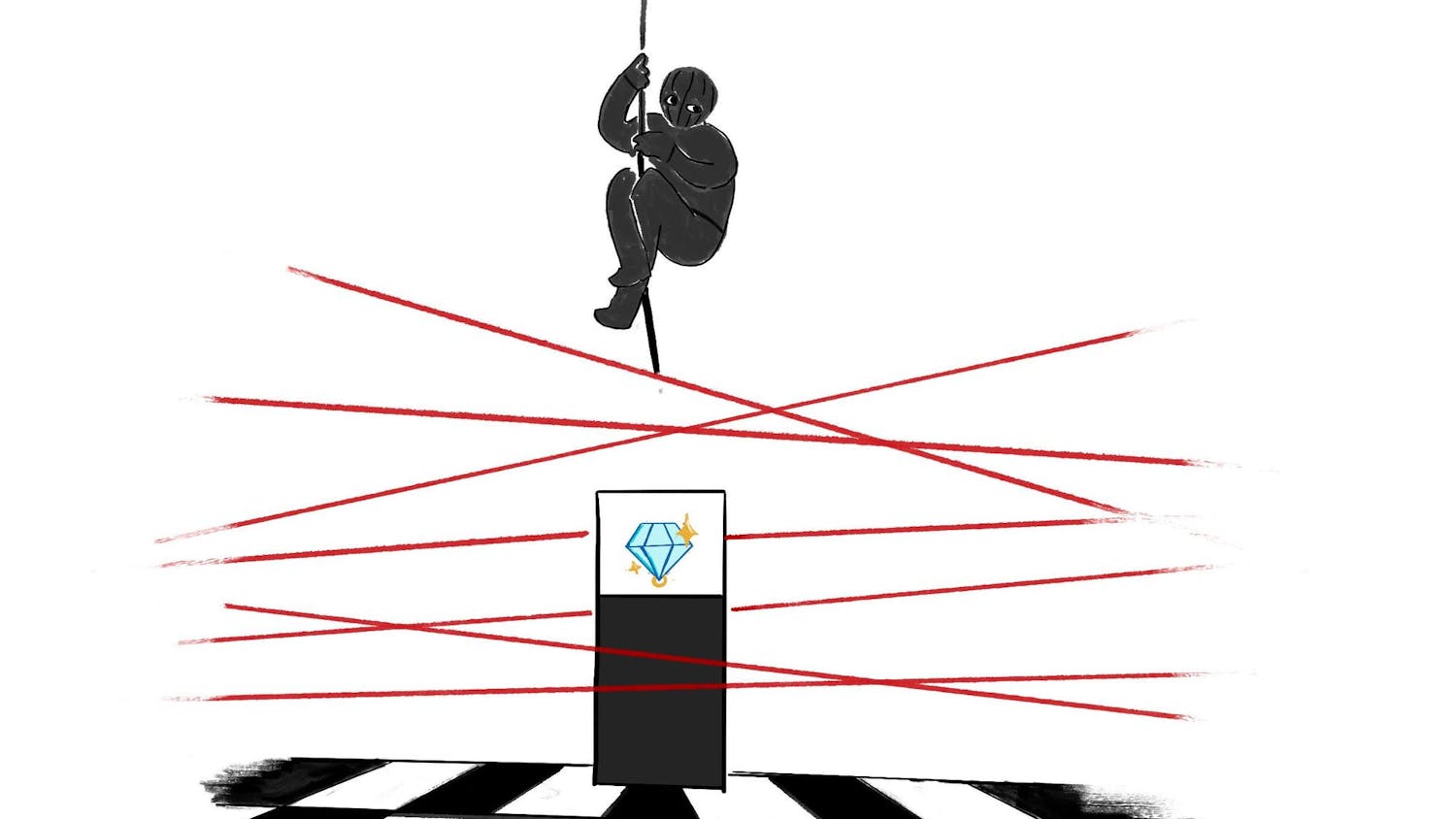Like some of you reading this, I am against abortion. The reality is that it is a heartwrenching decision normally born out of desperation that is extremely brutal in nature. It could have easily been performed on virtually any of us, extinguishing our dreams, fears, achievements and failures in the process. And yet I believe that the Supreme Court’s decision in Dobbs v. Jackson Women’s Health is wrong and sends us down a dangerous path.
In a time where political discourse offers little room for nuanced opinion, this contradiction may confuse you. However, I believe that topics like abortion not only deserve nuance but require it. It will take some time, but hear me out.
Before the Constitution, we had the Articles of Confederation. For roughly seven years, it served as the nation’s governing document, and there's a good reason why it was abandoned.
At the time, the United States was little more than a collective of unique territories that depended on each other after winning freedom from the British Empire. Each set its own policies in the absence of a unified government. Shortsighted economic policies caused economic ruin and provoked rebellion.
Afterward, leaders came together and crafted a new document to take its place. While the Constitution was not perfect, it brought stability and, more importantly, enshrined individual freedoms that remain cherished.
The philosophy behind this new document was the social contract. The citizenry would abandon their absolute right to lawlessness for protection and guaranteed liberties. While these benefits were not granted to large swaths of the population for hundreds of years, it immediately became one of the freest nations in the world in theory.
We had our growing pains and were almost irreparably torn apart, but we slowly and painfully grew to become the powerhouse we once were, due in part to our right to self-determination. Today, that freedom is challenged by state governments led by theocrats codifying their religious beliefs and making the lives of millions of people miserable in the process. It is a path that I believe is antithetical to God’s word, the Constitution and the social contract.
Tossing the legal status of abortion to the states could have similar consequences to what occurred in the late 1780s. In this case, it is the creation of a caste system between those living in states where abortion is legal and those living in states where it is not that was created literally overnight. History has shown that the curtailment of rights, whether they are explicitly enshrined by the law or not, is rarely accepted by those impacted.
As we’ve seen so far, this decision has already bred a deep-seated and visceral resentment that I have not seen in American politics in my lifetime. There is also popular support for this position. Polls conducted by Quinnipiac and Marquette Law School have found that around 70% of the population did not want Roe v. Wade overturned. A population that is dispersed throughout the country.
Such a ruling combined with this level of popular support places us on a slippery slope. Like the inconsistencies between economic policies led to the abandonment of the Articles of Confederation, inconsistencies between abortion policies could bring this country to its knees again.
States will inevitably turn on each other. Some already have. At the federal level, ineffective politicians that already struggle to do anything constructive will be even less likely to meet their constituents’ needs as both sides engage in a no-holds-barred culture war that shows no signs of deescalating.
A number of citizens will also turn on the governments and institutions they believe are imposing on freedoms that had been granted to them for simultaneously only 50 years and entire lifetimes. After all, why would they continue to adhere to the contract when one of their rights is taken away by a government that relinquishes nothing in return?
This debate cannot be about the morality of abortion as that has obviously gotten us nowhere. This debate must be centered around whether or not the government should have the power to roll back rights in the name of legislating morality.
Many of those seeking to end abortions do so with pure intentions. They want to see children given the opportunity to become who they are destined to be. They believe abortion is morally wrong and is not much different than other forms of murder.
However, this is none of their business as it is none of mine. Just remember that the road to hell is paved with good intentions.
Daniel Schmidt is a journalism student at Auburn University.
The opinions expressed in columns and letters represent the views and opinions of their individual authors.
These opinions do not necessarily reflect the Auburn University student body, faculty, administration or Board of Trustees.
Do you like this story? The Plainsman doesn't accept money from tuition or student fees, and we don't charge a subscription fee. But you can donate to support The Plainsman.
Daniel Schmidt, senior in journalism, is the assistant news editor for the Auburn Plainsman.





